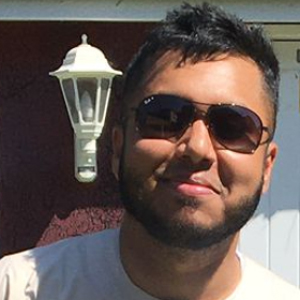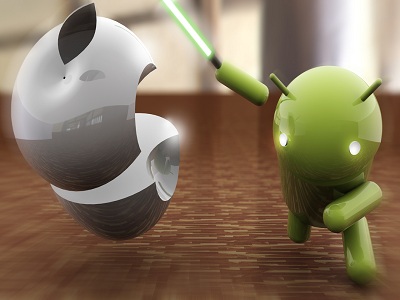Smartphone Industry Spent $20 Billion on Patents in 2011
The smartphone industry spent as much as $20 billion on patents alone last year. Consequently, for the first time, spending by both Apple and Google on patents exceeded the two firms' spending on research and development of new products.
Patent research by The New York Times revealed a slew of interesting information pertaining to spending on patents in 2011. Firstly, the quantity of patent applications registered by Apple in the last decade has risen almost tenfold.
The “Siri Patent” #8,086,604, meanwhile, apparently took 10 attempts to get approved by the suitable authorities.
“When I get an application, I basically have two days to research and write a 10- to 20-page term paper on why I think it should be approved or rejected,” Robert Budens said, who has been a 22-year patent examiner and president of the examiners’ labor union. “I’m not going to pretend like we get it right every time.”
Some experts now worry that Apple's large portfolio of patents may give the firm control of technologies that have been independently developed at several companies over the past 7 years.
“Apple could get a chokehold on the smartphone industry,” said Tim O’Reilly, a software patent critic. “A patent is a government-sanctioned monopoly, and we should be very cautious about handing those out.”
As for Google, the search engine giant last year paid a record $12.5 billion for Motorola predominately to acquire the rights to its patents. Microsoft also contributed to the $20 billion in patents spending; the firm bought over 800 AOL Patents for over $1 billion.
Get Tom's Hardware's best news and in-depth reviews, straight to your inbox.
Apple said on the recently uncovered patent spending figures:
Apple has always stood for innovation. To protect our inventions, we have patented many of the new technologies in these groundbreaking and category-defining products. In the rare cases when we take legal action over a patent dispute, it’s only as a last resort.We think companies should dream up their own products rather than willfully copying ours, and in August a jury in California reached the same conclusion.

Zak Islam is a freelance writer focusing on security, networking, and general computing. His work also appears at Digital Trends and Tom's Guide.
-
robochump Smart Phones is an ever increasing market and will only be a matter of time until smart phones are standard. What other industry has the ability to sale what is basically small computers (mobile devices) to a growing pool of consumers every 2 - 3 years?!? PC companies would kill for that! lolReply -
LORD_ORION They should have bought 20 billion worth of tanks and attacked their rivals ;)Reply
At $3.5 million a pop, that is alot of Leopard 26As ;) -
superblahman123 ReplyApple has always stood for innovation. To protect our inventions, we have patented many of the new technologies in these groundbreaking and category-defining products. In the rare cases when we take legal action over a patent dispute, it’s only as a last resort.
We think companies should dream up their own products rather than willfully copying ours, and in August a jury in California reached the same conclusion.
I have yet to sh*t a bigger brick than the one I dropped after reading that. This is coming from the guys that sued a polish grocery store for using an apple in their logo?... It's like, they're full... full of... something else... -
twelch82 This is exactly what you would expect to happen given the recent lawsuits. The recent litigation was a wakeup call, not just for the smartphone industry but the entire tech sector. You can get patents on dubious "inventions", and deal serious damage to your opponents in court.Reply
If serious patent reform is not undertaken soon, it could basically destroy the tech sector in the US and countries with similar patent laws, which in the long term has implications extending beyond the obvious impact on the economy to things like security, and even relevance. If unfettered innovation can take place in other countries, but not the US and Europe, then it stands to reason that we'll fall behind with our hands tied behind our backs. -
robochump acadia11But it isn't their innovation? That's the issue.Reply
How easy people forget how smart phones were before the iPhone. -
noob2222 ReplyApple has always stood for innovation. To protect our inventions, we have patented many of the new technologies in these groundbreaking and category-defining products. In the rare cases when we take legal action over a patent dispute, it’s only as a last resort.
We think companies should dream up their own products rather than willfully copying ours, and in August a jury in California reached the same conclusion.
What a load of crap. Apples innovations come from sci-fi movies and "borrowing" ideas from other people.
Tablets come from star-trek, pinch to zoom and rotate from minority report, etc.
Id also venture to guess that the App approval process for the iPhony allows them to patent any programs they feel they need to "innovate" -
eodeo "Apple has always stood for innovation."Reply
At first I read that as:
Apple has always stood in a way of innovation.
That makes more sense to me. -
cookoy Buying patents is not really innovation. If used improperly they just block others from further improving on a good idea.Reply
